It can be overwhelming when you begin your music production journey.
I remember when I first started out, It felt like there was too much information to consume,
therefore,
i created this post to give insight to anyone just getting into music production.
So what does a beginner music producer need?
basically what you need to get started is:
1. A Computer
2. A DAW
3. An Audio Interface
4. A Condenser Microphone
5. A Pop Filter
6. A Room/Studio
7. A Booth
8. Sound Proofing
9. Microphone Stand
10. Headphones
11. Studio Monitor Speakers
12. Recording Knowledge
13. Mixing Knowledge
14. Mastering Knowledge
Now that we know what we basically need lets get into each one.
Computer
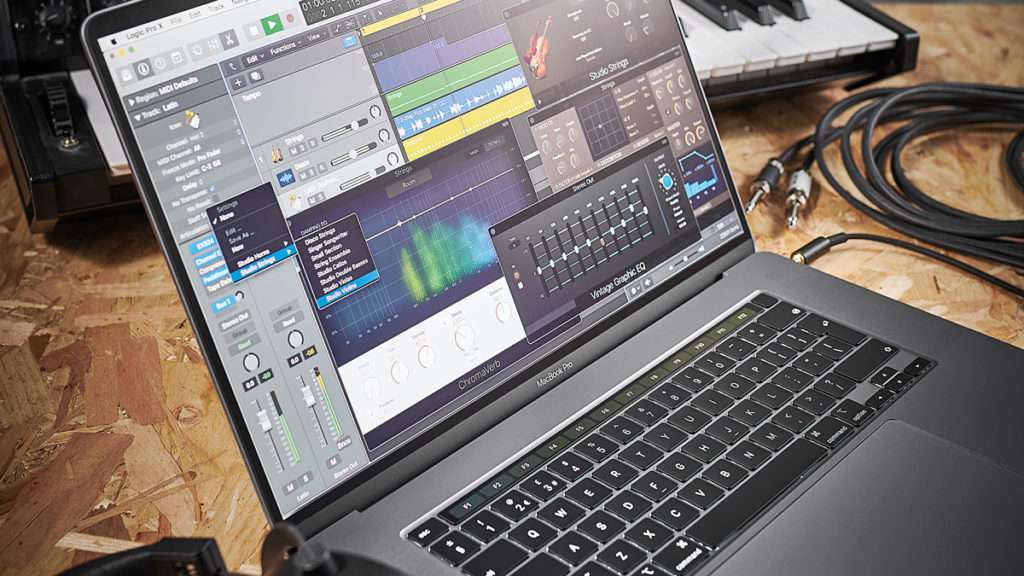
A computer plays a very important function in music production,
it’s the tool you’re going to use as the medium through which you record and process vocals.
Therefore every beginner or any music producer at any stage should focus on making sure they get a good computer.
You’ll need a computer that has specs suited to run music production software programs, which can be tasking on the CPU and the Ram,
Most articles you’ll find will recommend a Core i5 or Core i7 computer, or a PC with gaming specifications,
This is a great recommendation because you need a machine that can handle the most sophisticated plugins, DAWs and machines,
another thing you should consider is the RAM, you should not go for anything less than 16GB in my opinion,
DAW
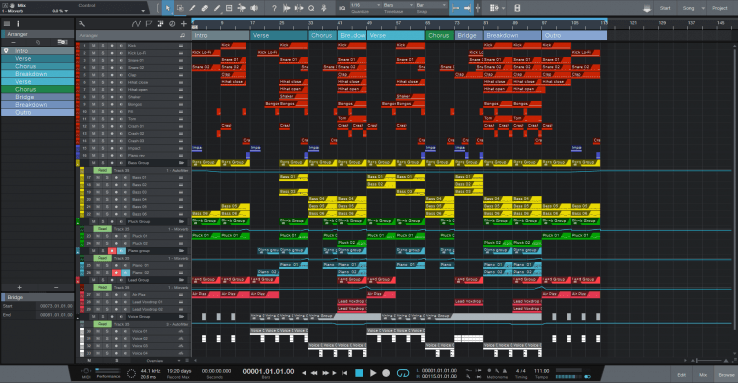
A digital audio Workstation abbreviated as DAW is the software you’ll use to compose, arrange, record and produce music.
It’s always good to get this right from the start, make sure you pick a DAW that you can work with and get better.
Personally I’ve been using FL Studio for years, I’ve witnessed newer version after newer version and I’ve progressed with it,
that kind of consistency is what I’m talking about, you don’t need to master a lot of DAWs , just start off mastering one or two DAWs and then progress from there.
Invest in a DAW that has great support from its developers and great plugins, that you can use in your mixing process and mastering.
I have a list of the DAWs that have used here check them out Here.
Audio Interface
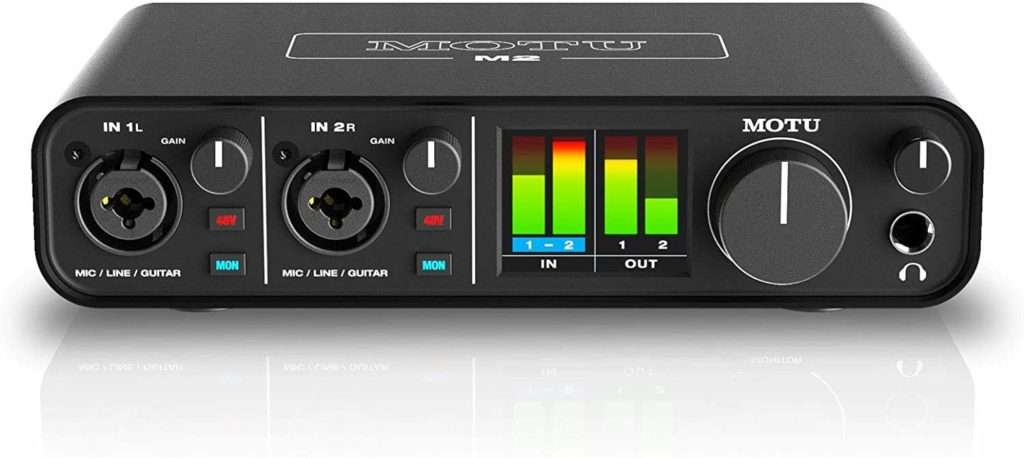
An audio interface is also known as an external sound card.
Your audio interface acts as the front end of your computer recording system.
Plus they also comes with inputs that you can use to plug in your mics, headphones, studio monitors and instruments.
The main role of an audio interface is to be a converter,
let’s take for example, when you go ahead and plug in your microphone into your interface and you record yourself,
The microphone converts the physical vibration of air into an equivalent analog electrical signal,
which then travels through your cables into the audio interfaces microphone input,
then, through the built-in pre-amplifier of the audio interface,
the signal passes and it is sent to the A/D converter which changes it into digital audio data,
this process is reffered to as analog to digital,
and digital to analog conversion.
Microphone
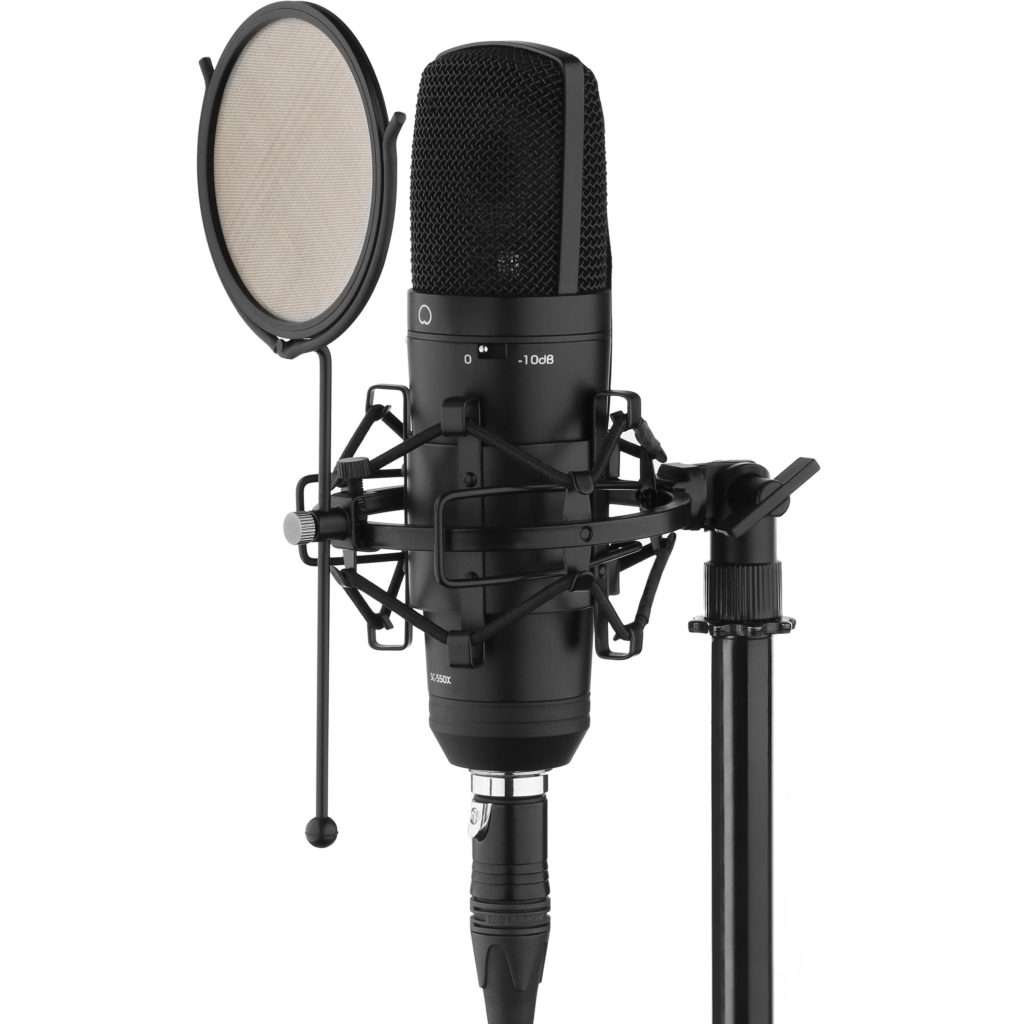
You’ll need a good microphone for your studio, and it should be a priority.
Investing in a good microphone will give you the chance to have rich raw tracks to mix.
whether you’re a pro or beginner choosing a microphone can be challenging that’s why its always a good idea to review them one by one,
check the specifications and see if your intended use is in line with them.
In my opinion a good recording microphone is a Condenser microphone that has good dynamic range and is pretty quite.
Dynamic range is what you’re looking for in order to avoid any proximity problems when you’re recording,
you also need a quite microphone that can record only the necessary vocals you intend to record.
Pop Filter
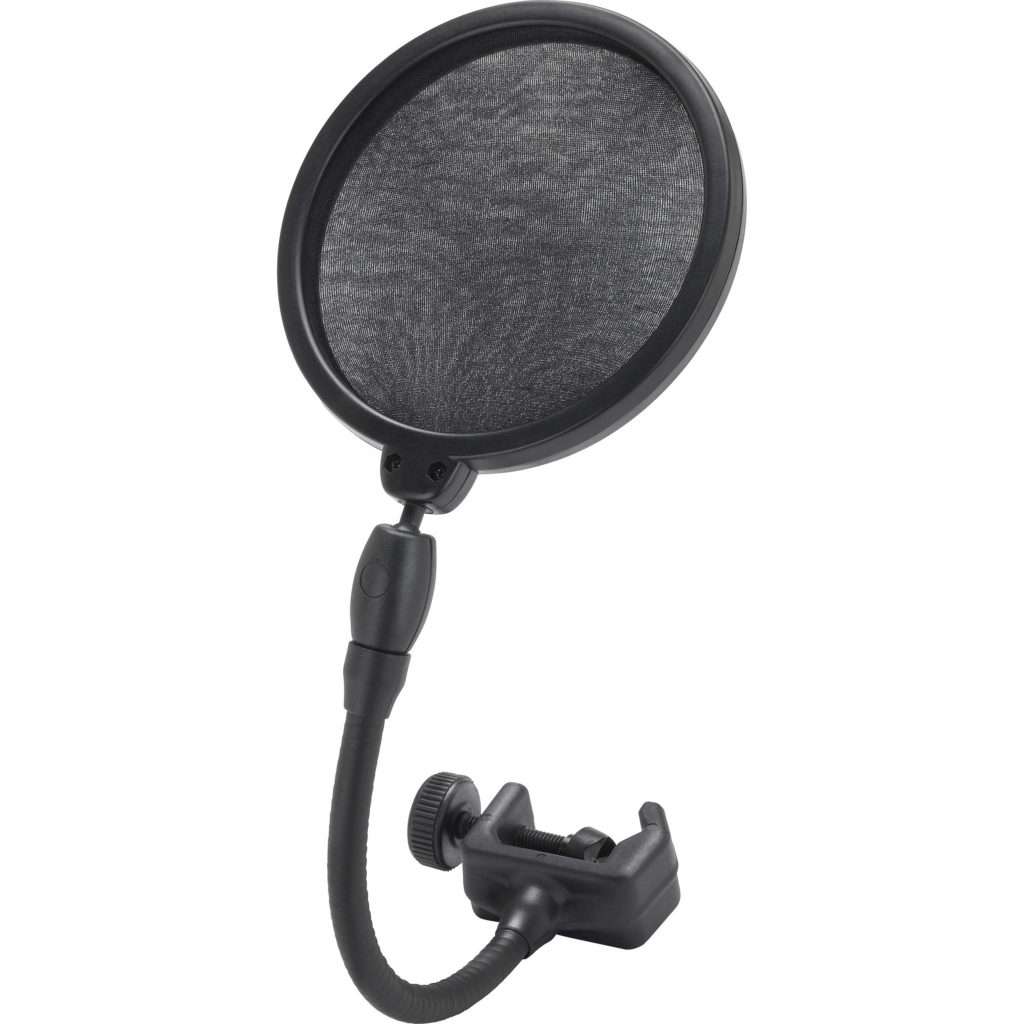
The truth about pop filters is that they are greatly over looked and you may think they don’t matter,
but trust me they do.
Despite its humble appearance and simplicity, this device serves a particular purpose and provides several benefits that make it a very important device in any recording studio.
one of its benefits is eliminating or reducing the proximity effect.
The proximity effect is the result that we get after a person records too close to the microphone, the vocal ends up sounding too loud and distorted,
it is the job of a pop filter to take care of this issue, that’s why it’s always a good idea to make sure you get the right pop filter.
See how you can record loud vocals without distortion.
Room
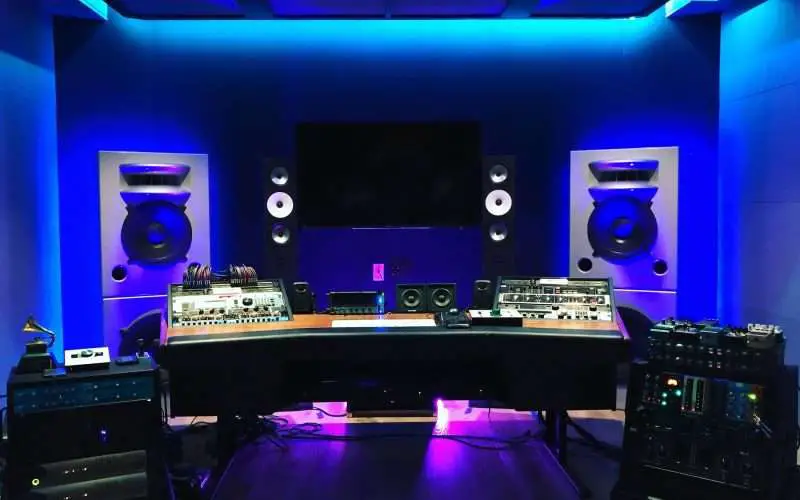
Of course before we even start to consider gathering equipment, we need a room to set up our studio,
if you’re reading this I’m going to assume you already have a studio.
but if you do not then spend some time securing a space to set up in.
You’ll need a room that’s preferably away from any noisy environment,
even though you can solve noise issues with a couple of techniques,
you still have to do a great deal of scrutinizing any space you consider occupying.
Therefore spend a good amount of time picking your studio space, once you find it,
you can then set up and start to optimize it as you see fit.
A booth
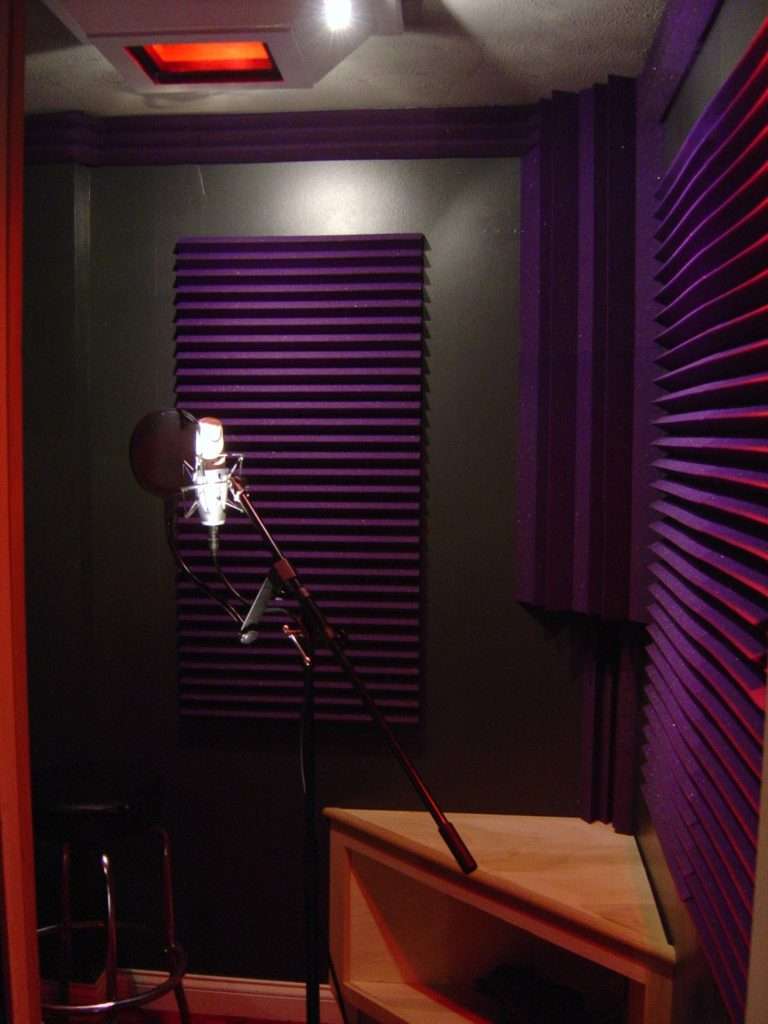
Choosing a room and choosing the right place for your vocal recording booth work hand in hand,
you’ll want to go for a good booth that will help you achieve the best sounding vocals that boast of quality.
Soundproofing
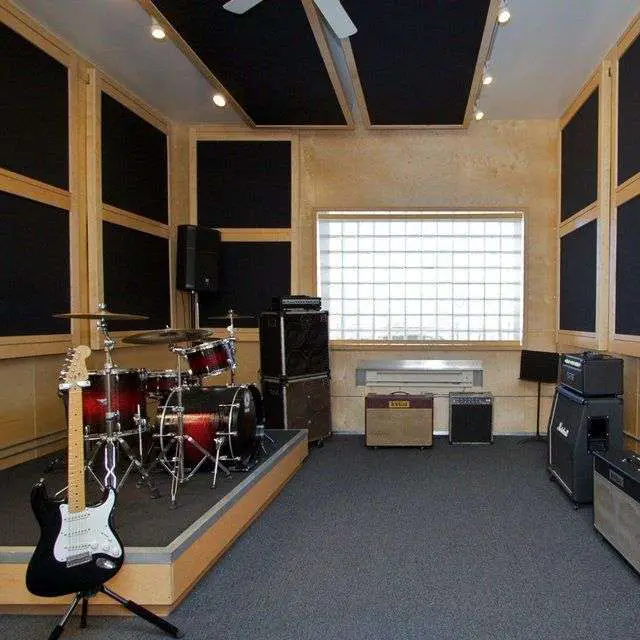
Now that you have secured a room and have properly built a booth for your performers to record,
next is having your sound proofed and acoustically treated.
It’s always good to call in a sound proofing expert and get their advice once they assess your intended studio space,
because rooms differ and a good assessment will provide you with an elaborate path to follow to properly treat and improve the acoustics of the space.
You’ll be required to purchase sound proofing and acoustic treatment material.
iIt is also worth mentioning that you need to also carry out a proper treatment of the floors,
hardwood floors generally work best in recording studios but if your room doesn’t have them,
then you can consider other alternatives to make sure sound is not bouncing off the floor and into your recordings or making it difficult for you to properly mix a song.
I have an entire article on the best music flooring options here.
Microphone Stand
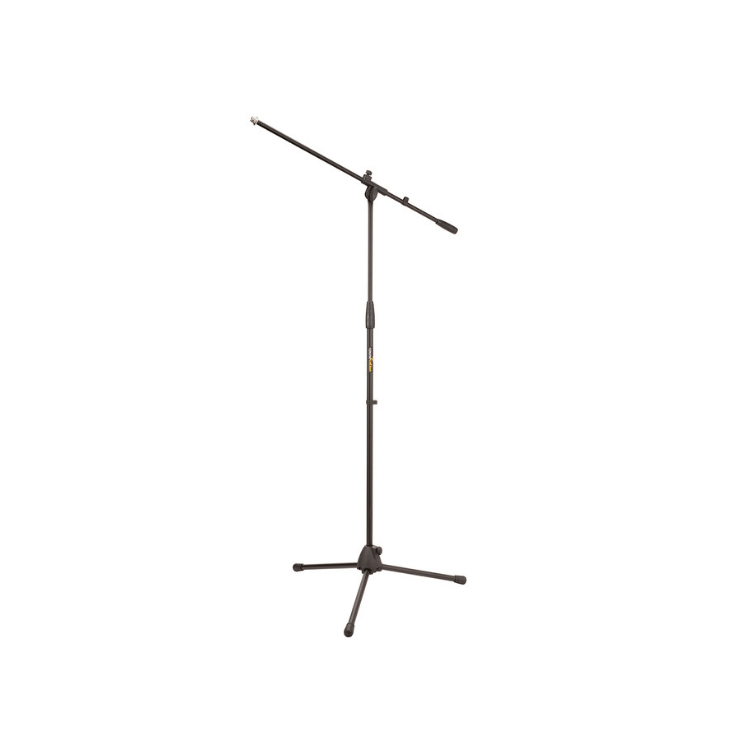
Be sure to include a microphone stand on your equipment list,
because your singers will not be recording with the mic in their hand.
You’ll need to set up your microphone strategically to achieve quality recordings,
some microphones are packaged with microphone stands and pop filters, so you can best carry out your research and purchase one package like that..
especially if you’re a beginner because you’ll want to save on expenses and make sure you get your equipment in order.
Just be sure not set your microphone stands directly on bare floors because the sound vibrations off the wall will easily bleed into your recordings,
what you need to do is put a mat, rug or mouse pad beneath the stand (this is called decoupling),
the other alternative is getting a mic stand that’s not meant for floors but rather the side of your booth.
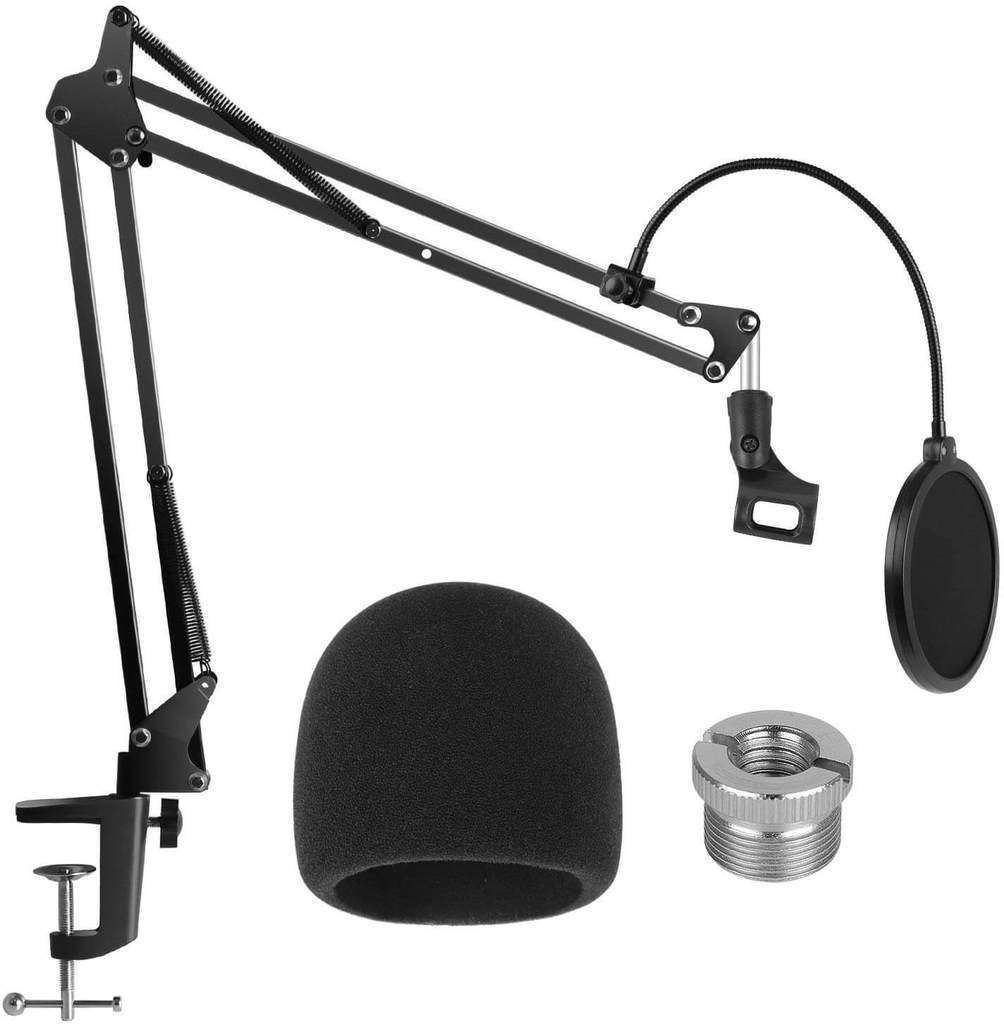
Headphones

You’ll also need a good pair of quality headphones.
A good choice in headphones are closed back headphones for recording,
because they enclose your ears and hence seal the sound inside,
this makes it convenient for recording because closed back headphones will ensure that there’s no sound bleeding back into the recording.
If you have ever downloaded an acapella for any popular song then you might have noticed the instrumental in the background of the acapella,
that’s as a result of music coming from the headphones and being recorded back into the track.
Studio monitor speakers
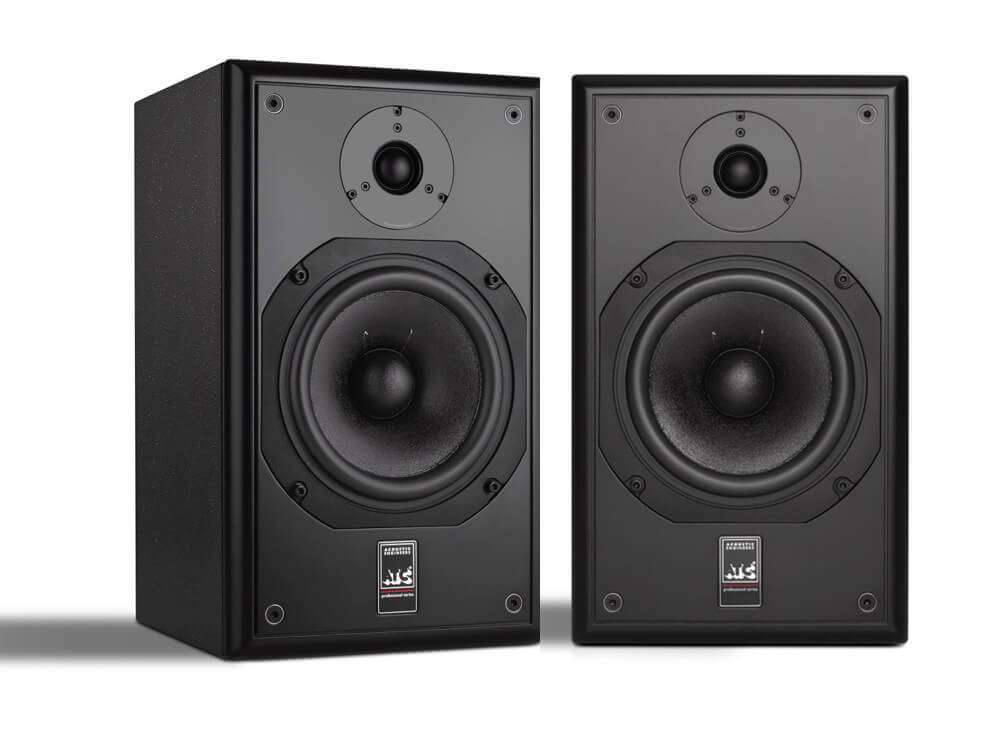
Other than headphones you’ll need good monitor speakers that will help you in your production process,
studio monitor speakers are the best if you want an accurate representation of whatever is going on your DAW,
therefore make sure you purchase the right one, and ensure to check the input cables of the speakers, then verify if they’ll work with your audio interface.
Once you establish that then you can go ahead and purchase the appropriate speakers.
Proper acoustic treatment and the right speakers will ensure that you get the right sound inside your room with very little alteration.
Therefore make sure you use the right equipment in the right type of room, because sound quality is not only associated with equipment alone.
It’s also dependent on the user and the environment they use the equipment in.
Audio Engineering Knowledge
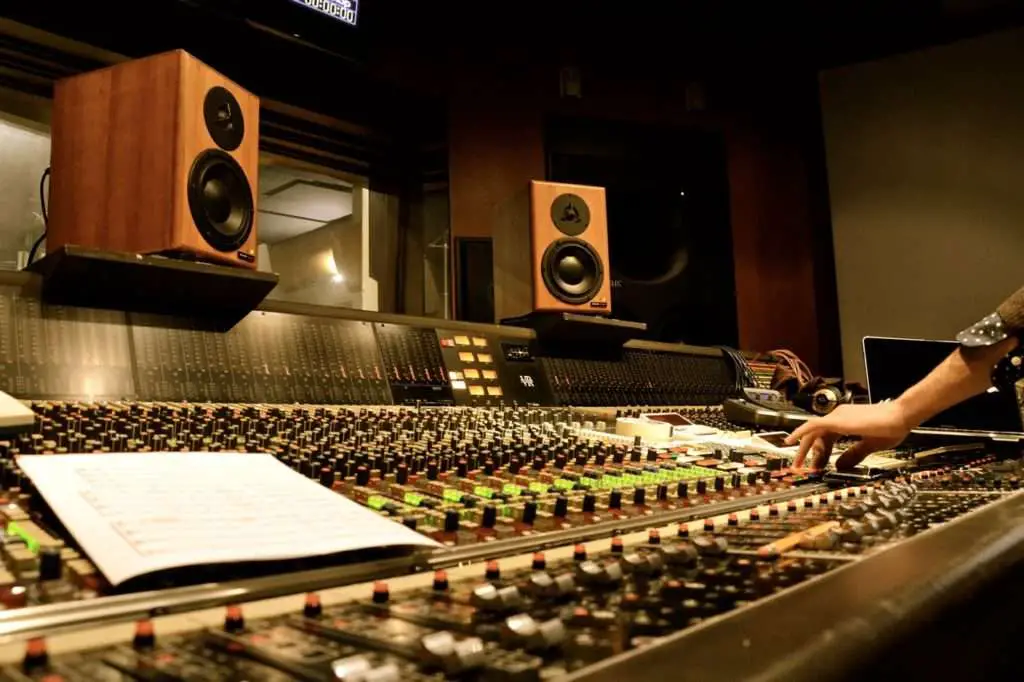
Having all the equipment and the right studio will not inherently mean that making music will now be a walk in the park.
You need to have some record engineering skills to accompany your great equipment,
Music production is highly dependent on the user/producer, you’re as much a tool as an audio interface,
perhaps the most important one.
So make sure you acquire the right knowledge about audio engineering and easily apply it,
You also will need knowledge in mixing and mastering , the processes that follow after the initial recording is done.
Mixing will ensure that you edit and work on the vocals you recorded, ensuring that everything is in place and the vocals are properly leveled out, compressed and processed.
If you already know how to record and mix then you’re well on your way to making music because once you acquire the equipment you can simply start.
Finally you’ll also need knowledge in an area called mastering.
Mastering is the final process of the music production process and it basically deals with making the song radio worthy and radio ready.
You can access tutorials and educational courses on mastering easily online,
once you build a firm foundation and practice regularly everything I’ve mentioned in this post is all you’ll need as a beginner looking to get into the music production world.
I hope you found this article helpful!
leave a comment
Articles You Should Read
Do I Need A Mixer For My Home Studio?
Is FL Studio Good For Beginners?
The Best Vocal Microphone (Beginners Guide)
How You Can Get Better At Mixing And Mastering
Sources
What Do You Need To Produce Music? – Music Production Nerds
A Beginners Guide To Music Production – JONY STUDIOS
What Is Music Production: The Guide to Becoming a Producer – EDM Prod
5 thoughts on “What Does A Beginner Music Producer Need?”